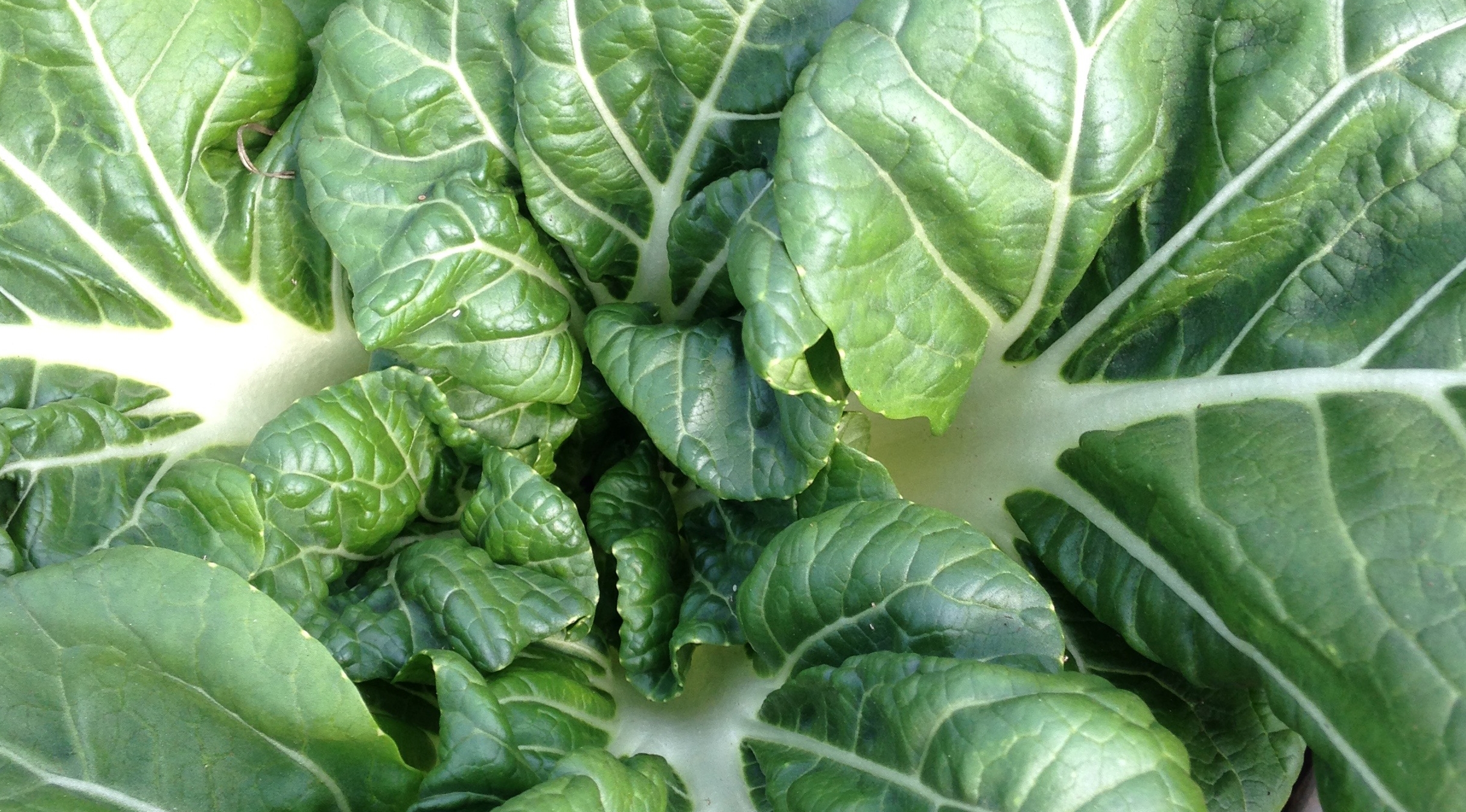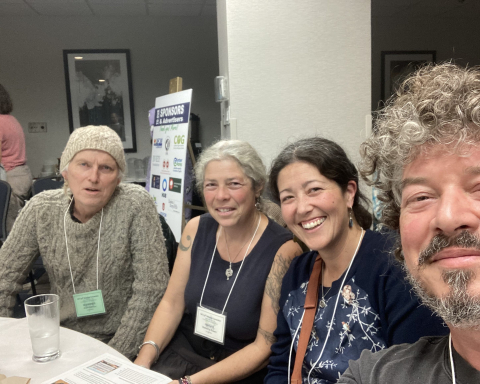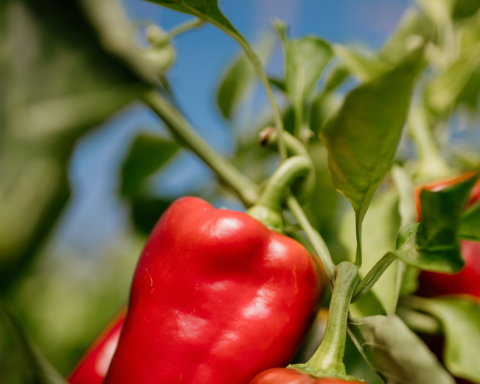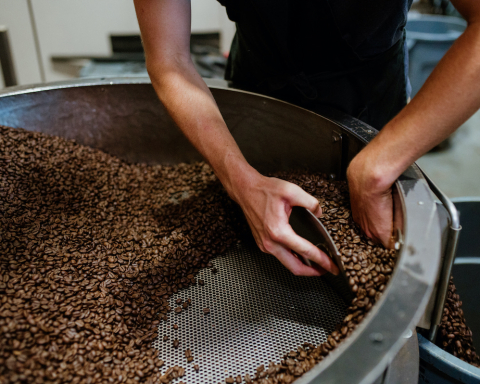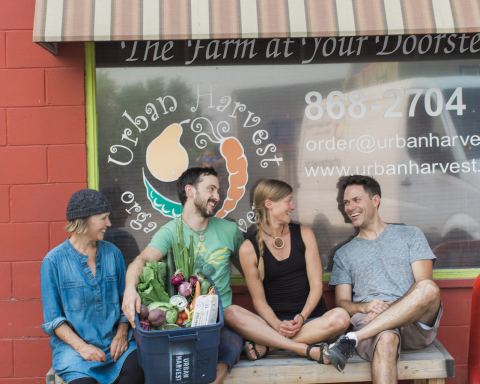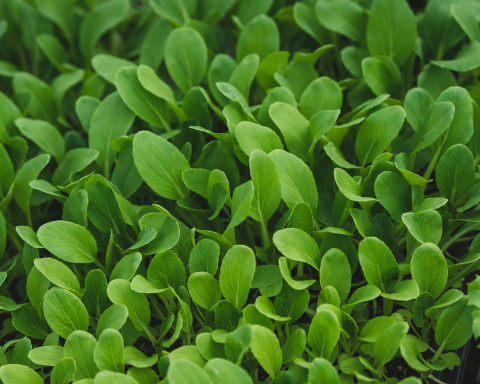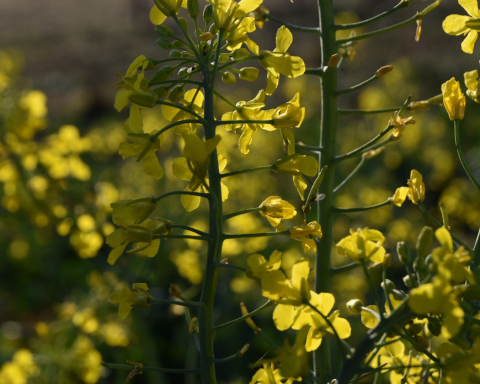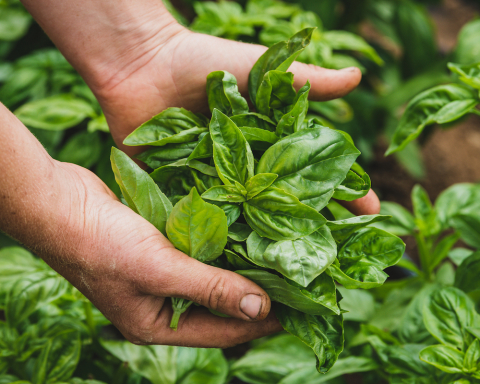Administrative Director, Islands Organic Producers Association (IOPA)
The future of organic is on everyone’s mind these days, and many conversations have circled around change. Recently, organic growers have been presented with several changes, from organic becoming a protected label to new online tools, which means we’ve all had to find time to grow (farm pun intended).
The regulation of the organic label last year has moved BC’s organic sector from a grassroots movement firmly into the realm of regulations, paper trail transparency, and auditing. Organic Certification has definitely evolved over the last 40 years. While full of positive changes, including a bigger organic sector, consumer demand for organic, and, most importantly, an ever-growing community of organic and food producers, this type of transition can be difficult for people who are conditioned to the founding philosophy of BC’s organic grassroots movement.
Although the requirement to follow these regulatory documents in detail can seem daunting and bureaucratic, we should view it as a communal commitment to do our best to identify potential areas where organic integrity may be at risk. The idea is that as an organic community, we want to continually improve our skills and products. But many changes all at once can cause ‘change fatigue,’ a sense of resignation people feel when faced with too much change, and thus result in decreased commitment.
In addition to the regulation of organic, record keeping skills have been pushed into the spotlight as the transition to digital means it is possible for every last detail to be captured and stored. Operators are being pushed to step up their game and ensure their records contain all the detail required by the regulations to ensure full transparency and accountability.
The introduction of pre-made templates for record keeping is an essential and valuable move to support producers with the demands of record keeping. These helpful, ready-to-use templates are being promoted for use by all Certifying Bodies (CBs) under the COABC umbrella.
If we can all use the same record keeping documents, it will increase consistency amongst BC’s organic producers and make the job of Certification Committees (CCs) and Verification Officers (VOs) more efficient, as they will not have to sift through various record keeping methods and formats. They will become familiar with the specific set of forms and where the information they are trying to find is located. This will also assist members if they need to transfer to a different CB, as the record trail will be the same for both CBs. Above all, record templates will help new members understand which information they are required to keep, and it means they don’t have to worry about developing their own records, while simultaneously developing their farming skills.
The online portal (iCertify) is a big change from days of handwritten documents being mailed in to CBs. Many folks have already transitioned to electronic documents over the last few years. Sending multiple files via sometimes-multiple, size-restricted emails can be time consuming and the risk is that file attachments and notes in email messages may not make it into an enterprise’s digital files. iCertify will eliminate lost files, as each document uploaded by an operator will be instantly stored securely and indefinitely on COABC’s own dedicated server, ready for retrieval by their CB administrator, CC, or VO. It means operators will also have access to all their current and previous application and renewal answers and all previously uploaded documents anytime with the click of a button. This is a future change that will initially require some training and new skills development, but in short order it is bound to make certification easier for everyone involved in the process.
With many changes in the organic sector, we must keep in our minds that our goal, as a community, is to continue to improve organics and make our processes more efficient. We cannot allow change fatigue to hold us back. Instead, we should strive to be adaptive and view future changes in organics as a continual evolution.
We want to maintain the feeling of community with our fellow organic growers, and not allow that connection to get lost in regulatory documents and feelings of scrutiny. We need to hold on to some of our past as we evolve into the future. We cannot forget that people choose to grow organically, not only as a profit seeking initiative, but because they share a belief in the values and philosophies of organic, for the health of ourselves and the world.
The beauty we must remember is that we all get to have our say in the ongoing development of the organic standards via the standards review process.
We are still a community. We are just bigger.
Stay tuned for iCertify updates!
Islands Organic Producers Association (IOPA): certifying farms on Vancouver Island and Surrounding Islands since 1990.
Funding for iCertify has been provided by the Governments of Canada and British Columbia through the Canadian Agricultural Partnership, a federal-provincial-territorial initiative. The program is delivered by the Investment Agriculture Foundation of BC.


